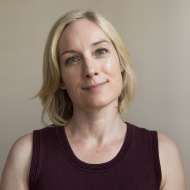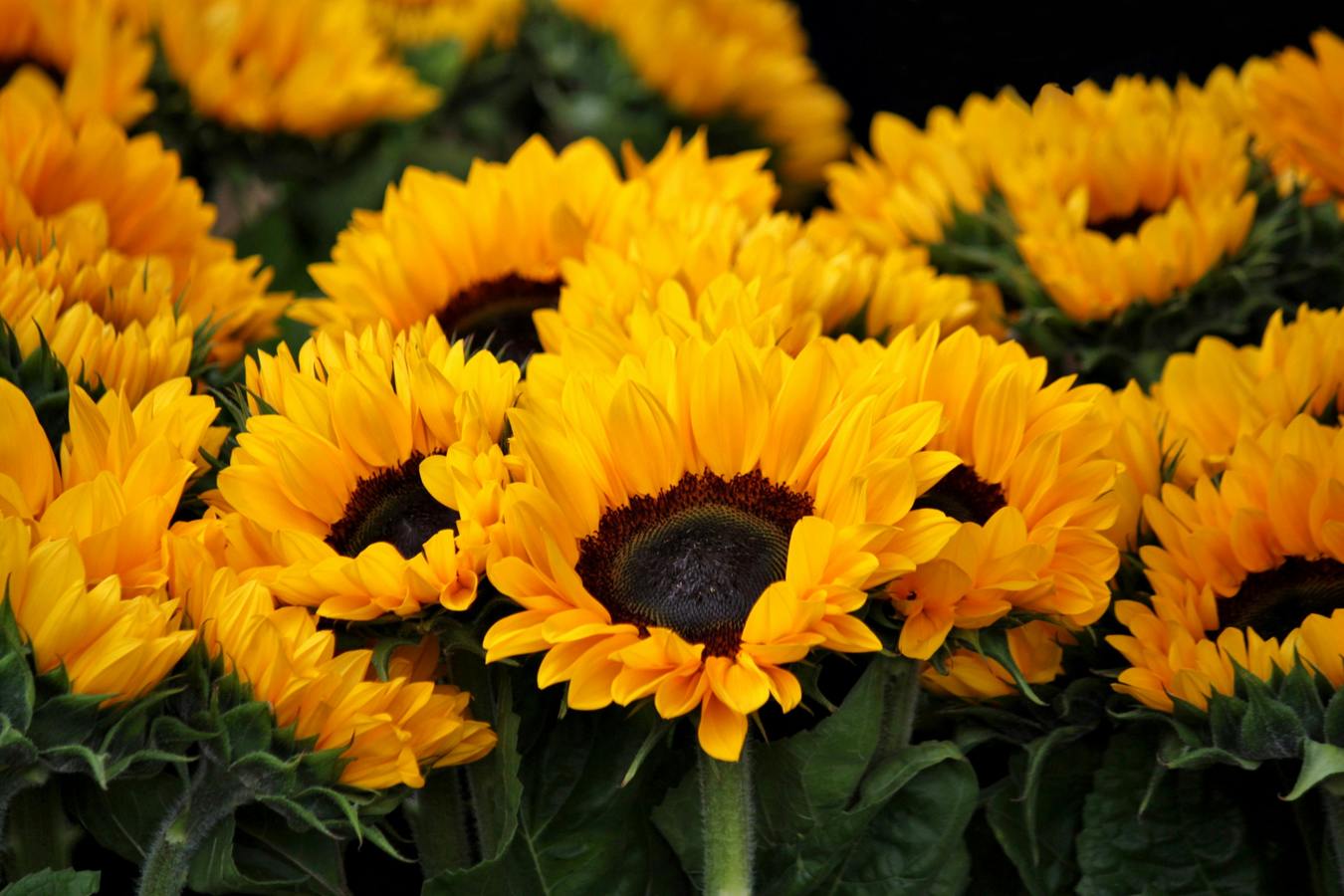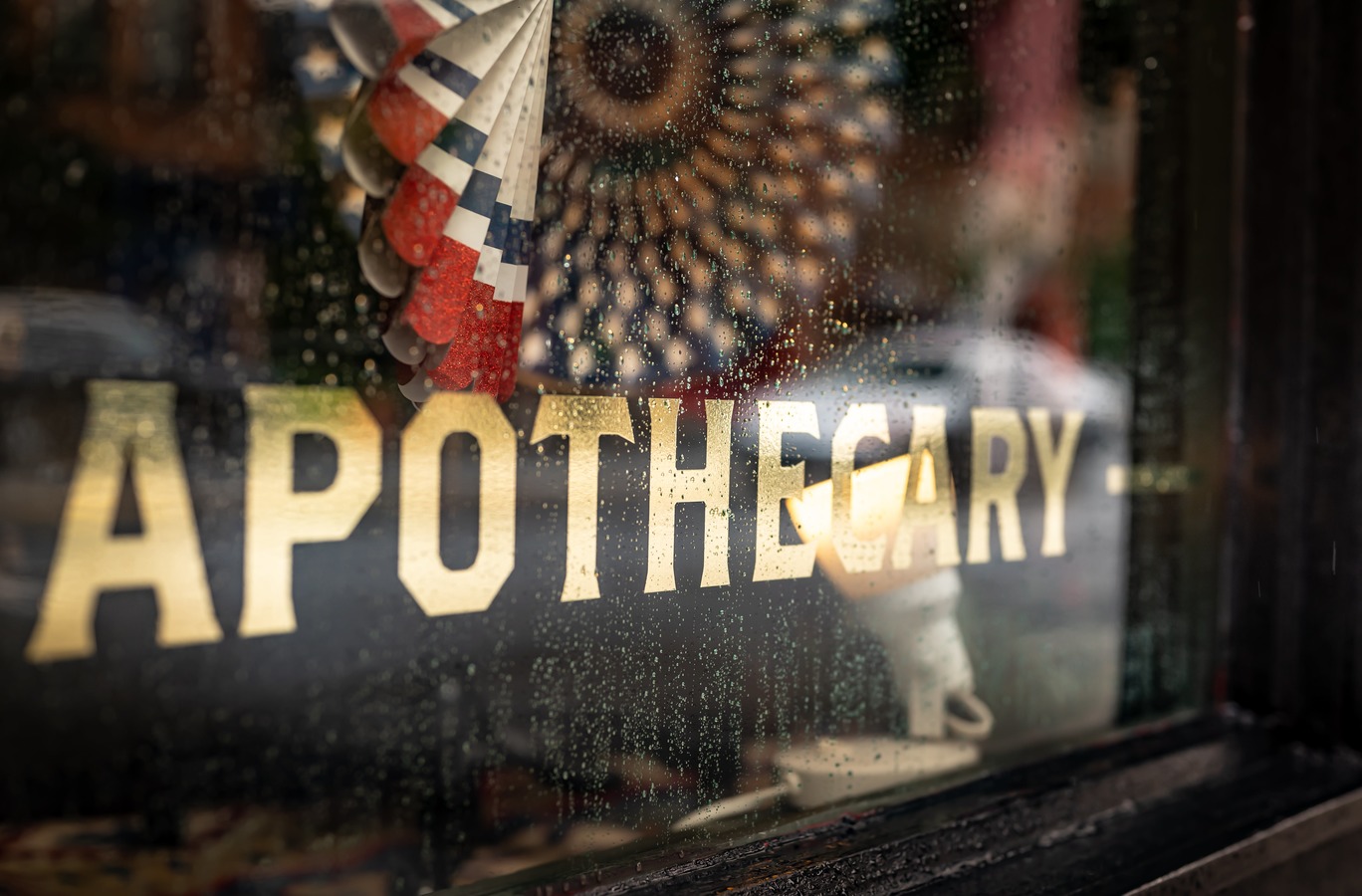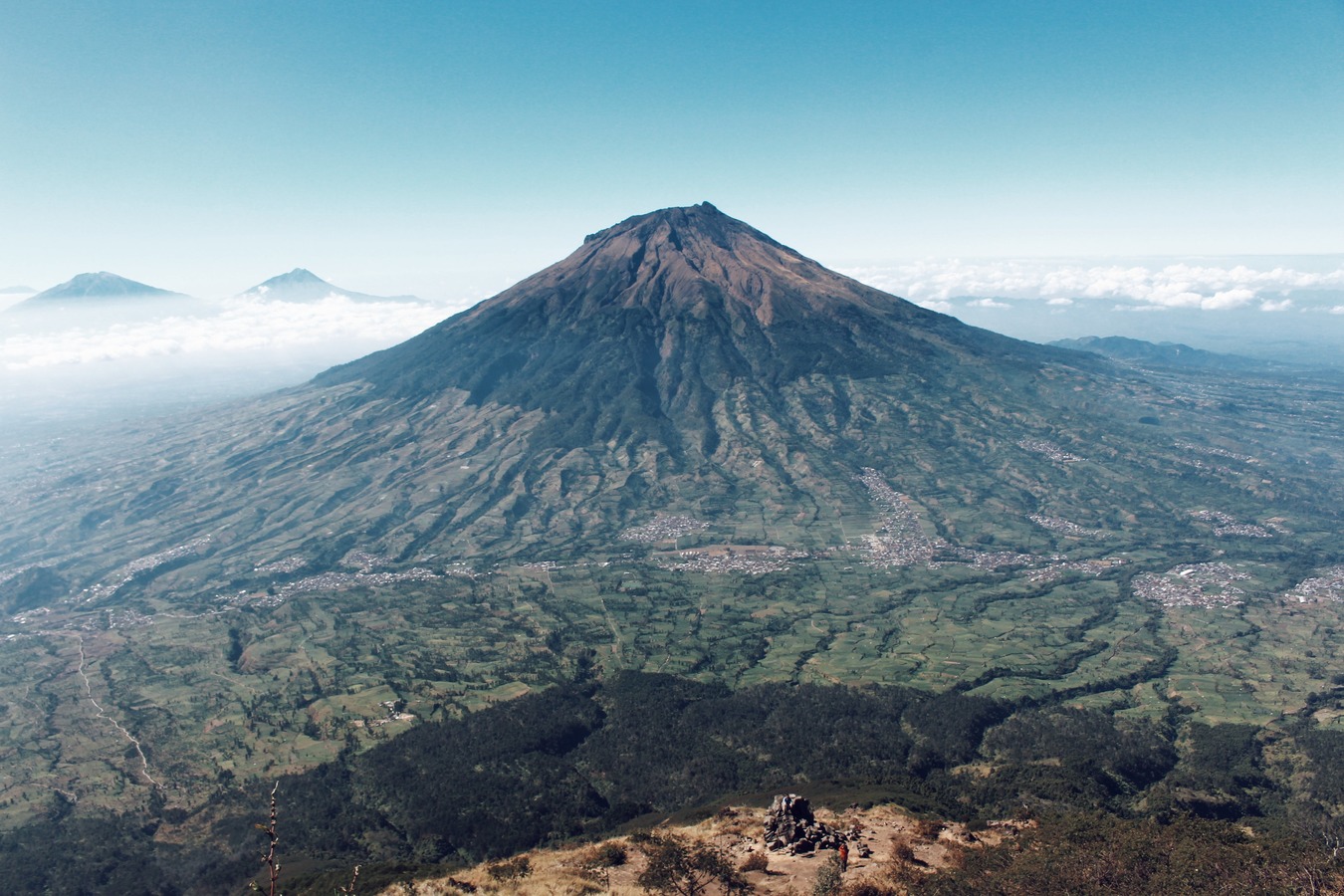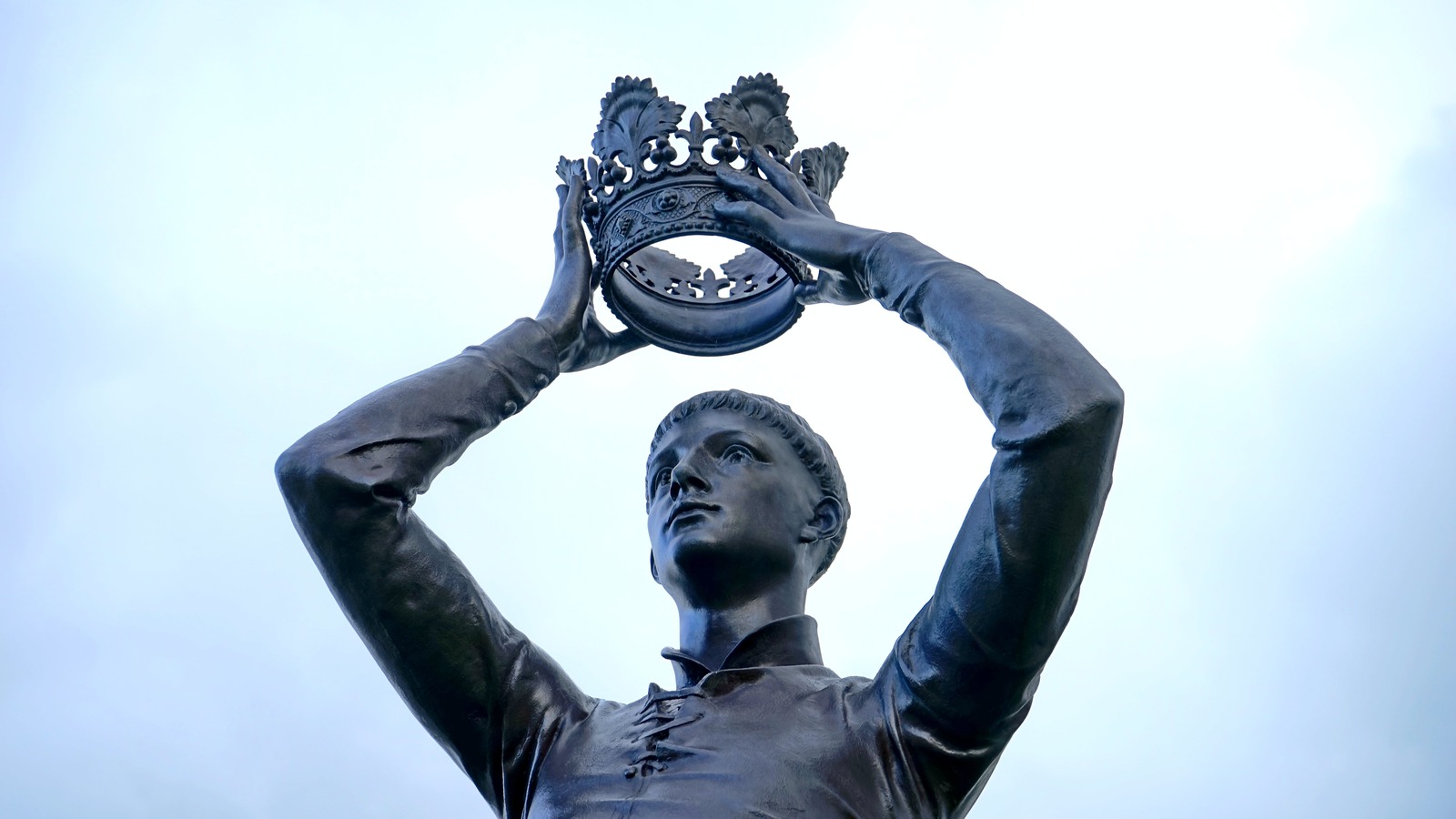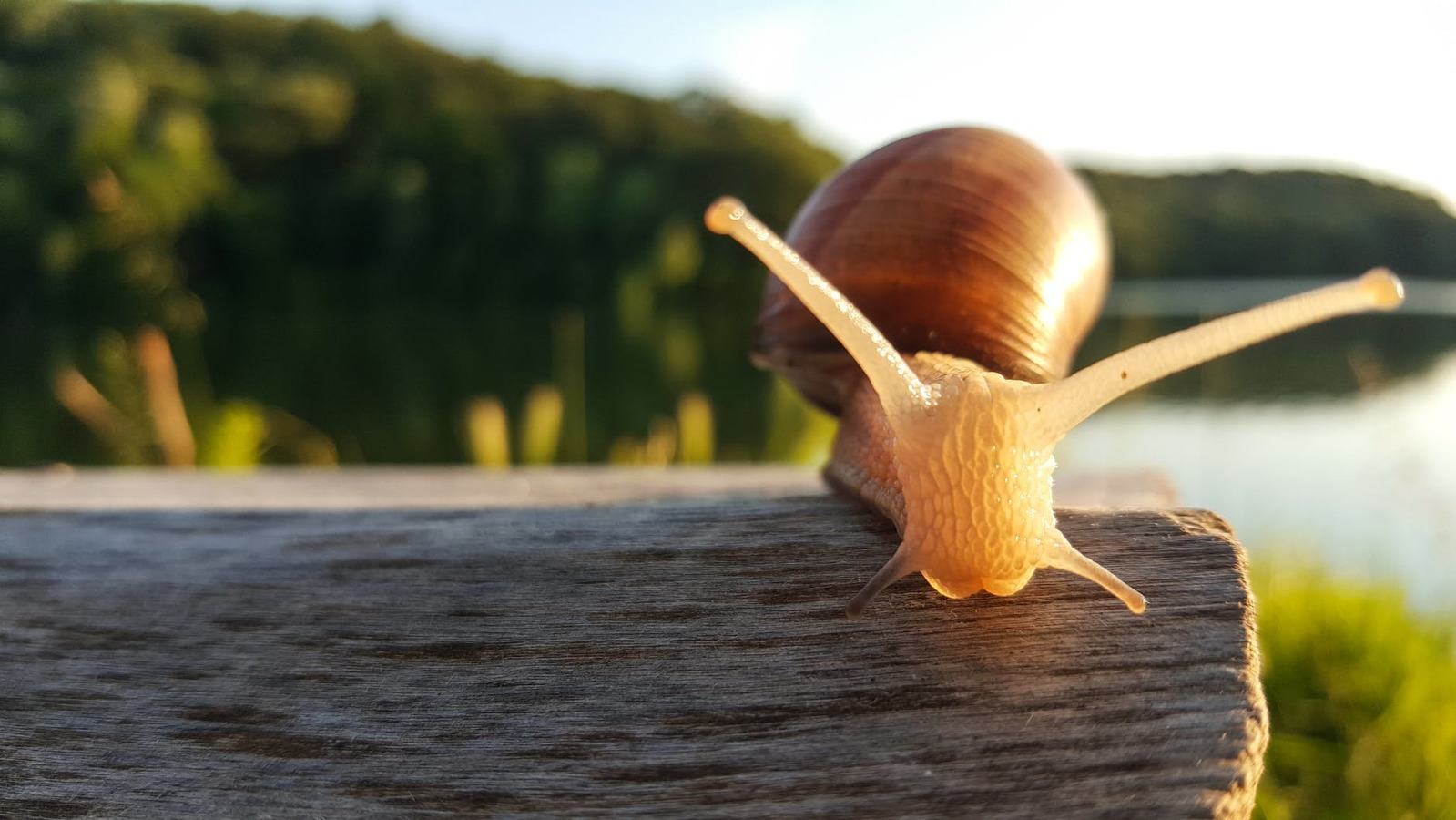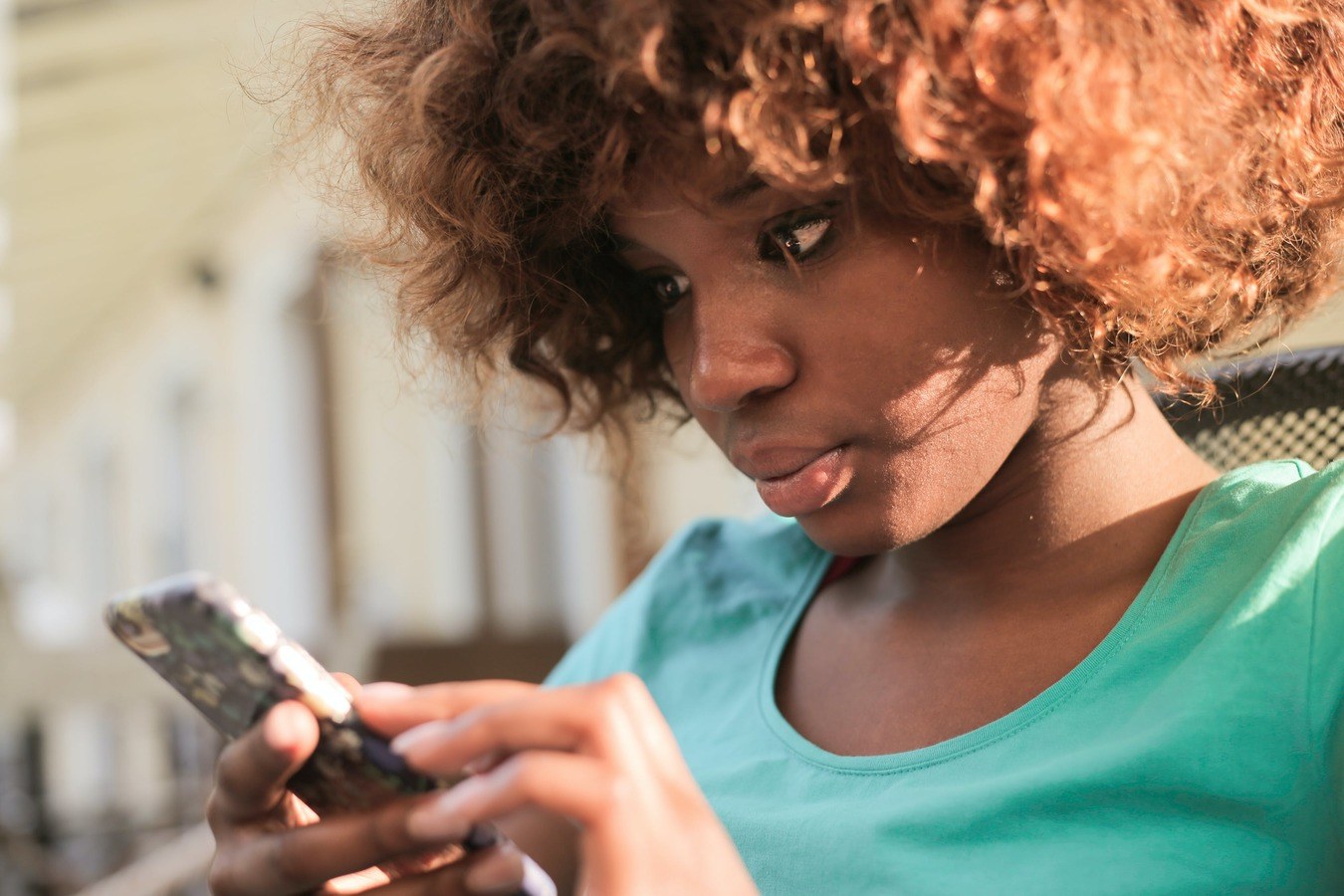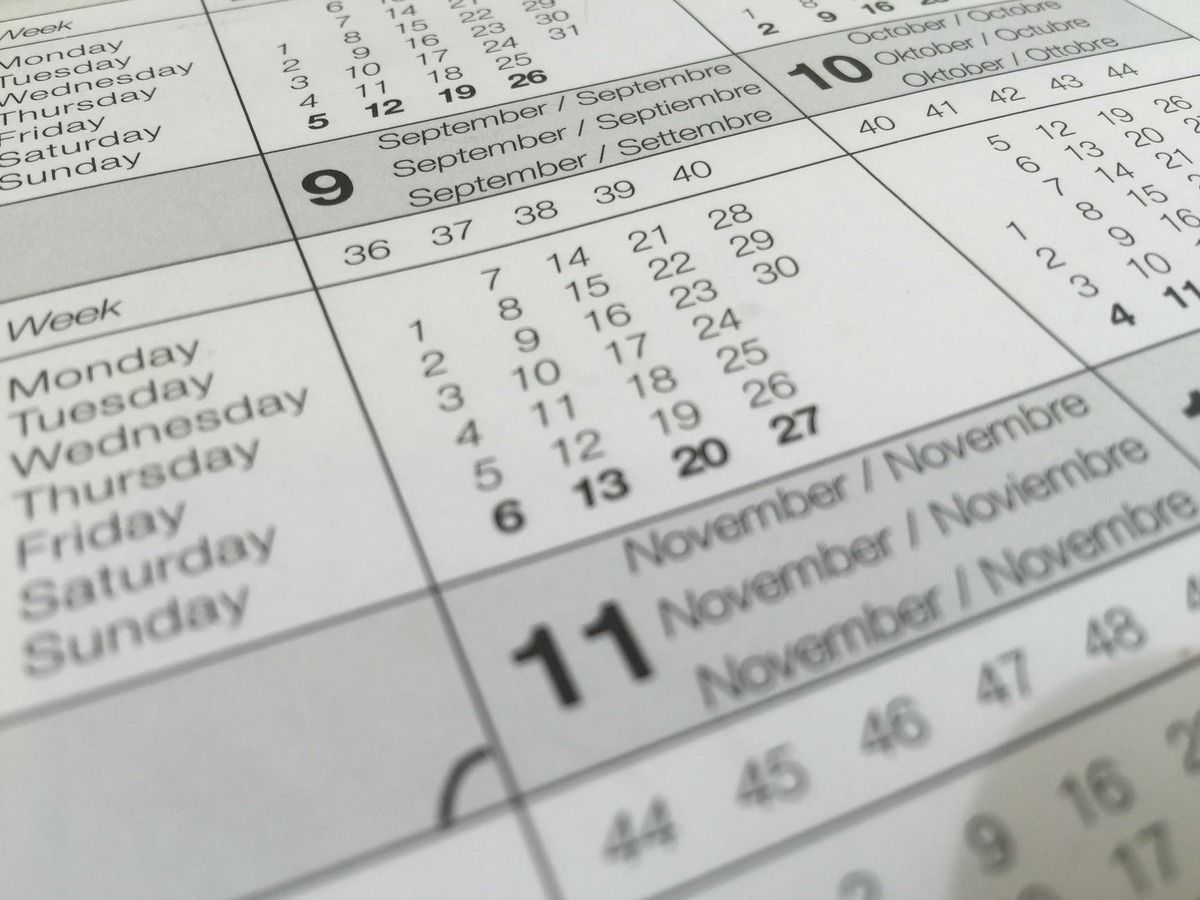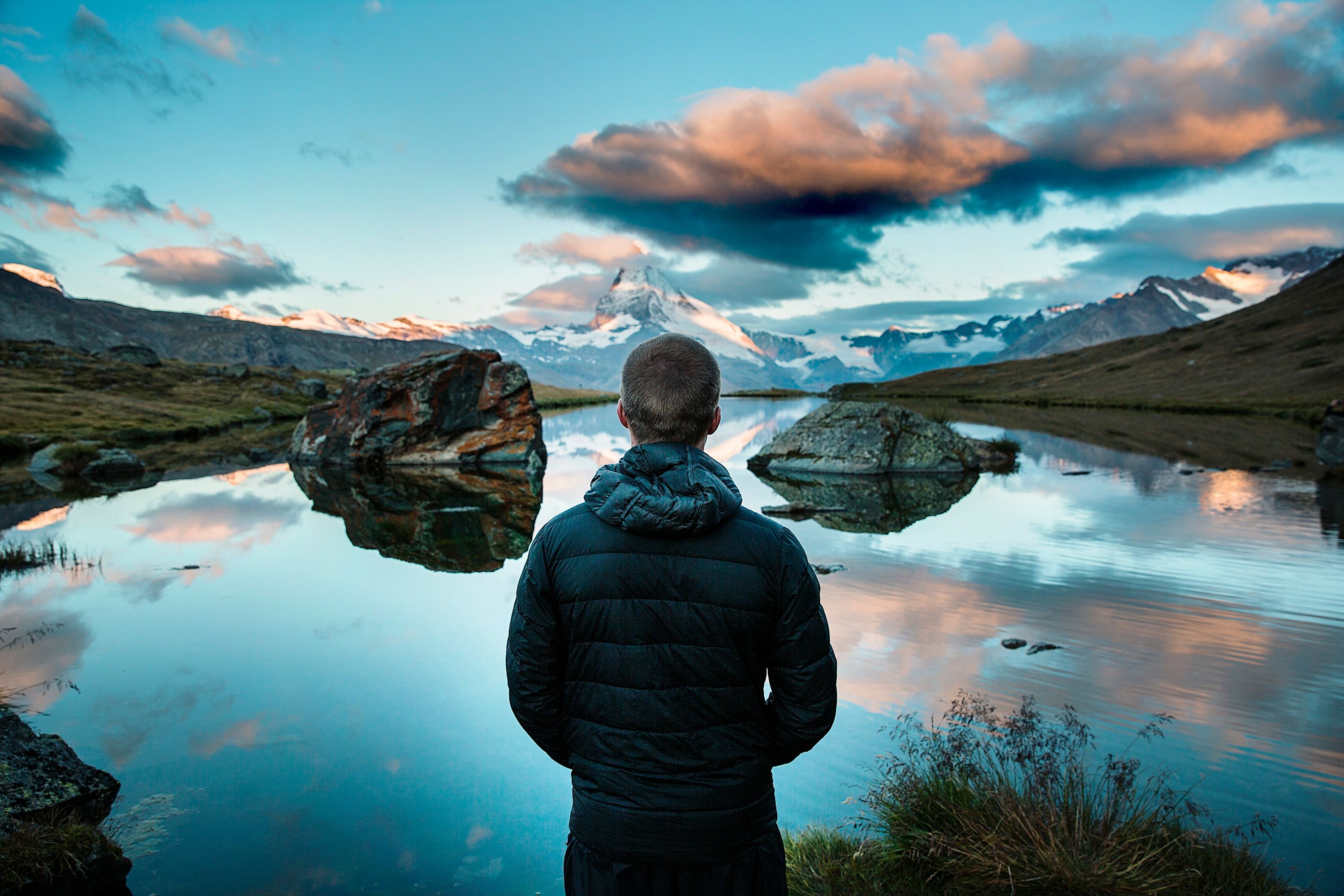Relationships are dead. Long live relationships. (Part one of two)
Thoughts on energies and activities, change and love
An important and much cherished relationship recently ending, as well as seeing two friends getting engaged, has brought me back to considering the basic construction and concept of relationships.
Many people define relationships by the commitments that people share. Some commitments, such as owning property and having pets and/or a family, require everyone to be fully on board with the practical and emotional route planned. It can be like ‘choose your own adventure’ – that is the page and the set of opportunities and obstacles you PICK. You can talk about issues such as monogamy and change, but you must also hold in your heart the possibility that change may happen which you cannot either work with or work around. A combination of hope and faith and love carries us forward in all our choices.
When we are older, once big life events such as having a family have already been experienced or else consciously not chosen (or, sadly, not proved possible), we might opt for relationships for lighter, less ‘practical’ reasons. Here we get to choose to connect with people with whom we can share experiences and time. People with whom we can open up and share our emotional life, perhaps outside of the day-to-day challenges of cohabiting.
And, so, in this context, what is a relationship? It is not a static thing. It exists in a dynamic way between people. Joko Beck describes relationships as a ‘channel’ for life. In Everyday Zen, she writes: ‘A good relationship gives life more power. If two people are strong together, then life has a more powerful channel than it has with two single people. It’s almost as if a third and larger channel has been formed. This is what life is looking for. It doesn’t care about whether you are “happy” in your relationship. What it is looking for is a channel, and it wants that channel to be powerful. If it is not powerful, life would just as soon discard it.’
I think it can be helpful to think about relationships as a set of activities and energies which we share. And to see that these shared energies and activities can shift over time.
Energies / Activities
Seeing relationships as shared experiences in and across time
Here, I’ve listed some energies and activities, to get you started on considering what you like to share with people.
The idea here is to consider what types of activities and energies you have, which ones you can and are able to choose, and which ones you might be hoping for.
The concepts (often explored in polyamory) of enmeshment and responsibilities also fits here. Likely, as we get older, there are people in your life with whom you share practical responsibilities such as caring for older people or younger people or pets, for example siblings with whom you share caring responsibilities but maybe not a social or emotional bond and vice versa, or perhaps co-parenting relationships, or other work or familial-type bonds.
Shared activities
Errands
Culture / arts
Humour
Family groups
Friendship groups
Financial ties / responsibilities
Care responsibilities, e.g., older parents or family, younger family and relatives, pets
Hobbies / interests
Holidays
Weekends away
Hikes / walks
Sports
Physical activities (not intimate or sexual)
Sexual intimacy
Intimacy, non-sexual
Learning / education
Personal growth
Meditation / spiritual
Energies
New relationship energy
Crush
Unrequited love
Past love
Growing love / affection
Transitioning / changing love
Love them, but not in love
Physically intimate, but not emotionally close
Emotionally close, but not physically intimate
Kink play with emotional closeness
Kink play with limited or no emotional closeness (bar required aftercare)
Sexual partners only
Playfulness and silliness
Agape: higher, spiritual love for people
Enduring, long-term affection
Obsessive
Familial, someone who you love as part of chosen or given family
Love of learning and growth
Self-reflection / awareness
Current responsibilities / enmeshment / circumstances
Caring
Work
Hobbies
Sporting commitments or groups
Property
Garden / allotment
Community
Environmental activism
Political activism
What is also vital here is ‘conscious’ relating: being aware of our intentions and having the skills and tools to understand our own behaviour – able to look at our shadow side. This is ongoing work for all of us and even while doing the work we can make mistakes, find ourselves unable to make changes we need to make, or be blind to our own issues. We need not be ‘perfect’ to be in relationship. The better we can communicate and know ourselves, the more we can minimise upset and harm, but we can never eliminate it all together.
What have these ideas brought up for you? How do your relationships track onto this idea?
In the next part of this two-part series, I will explore the idea of two different sorts of energy – new relationship energy and newly single energy – and how they intersect with the idea of self and other in relationship.







